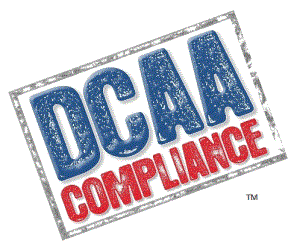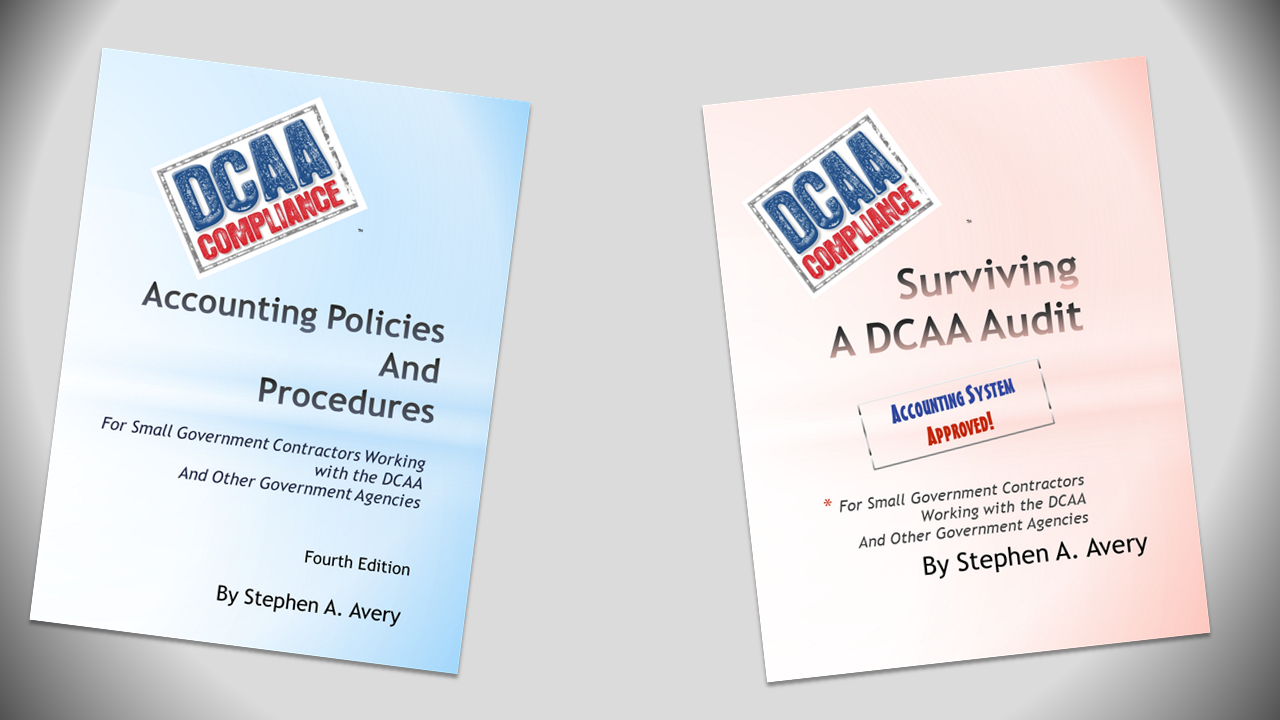We do not
- Prepare tax returns
- Audit
We do
- Government contracting compliance (to include helping with compliance audits)
- Cost accounting
Often, small business government contractors require all of these services. The written tax code numbers in the thousands of pages as do the laws and regulations relevant to government contracting compliance. Few accountants make the attempt to keep up with both areas and even within larger accounting firms the specialties (tax and government contracting compliance) are split among different practitioners.
One of the many pleasures in our practice is working with the contractor’s tax accountant or bookkeeper. The contractor benefits by having access to two professionals with a bit of crossover for the same price. Two opinions in harmony, most of the time.
An Example
I flew in to support a contractor on an accounting system audit in conjunction with his tax accountant. DCAA showed up and we began one of the strangest audits in the almost thirty years of work in this area. If I told all of the story, DCAA would attempt to send my old unit from the 82nd Airborne after me, but I will tell part of it.
Toward the end of the rather strange audit, the DCAA auditor went on a rampage about small business contractors keeping their books on a cash basis.
This is not an unusual complaint made by some DCAA auditors, but I had never heard contractors referred to as idiots for the practices, especially in front of one of these “idiot” contractors.
I went on my usual contractor defense, explaining to the auditor the history of accrued accounting and the very classical utilization of the GAAP accounting cycle which allowed you to keep the books on a cash basis during the period and make the accruals as part of the closing process.
In this case, as in too many others, my purpose was to remind and educate the auditor not to rush to judgement and to expand their knowledge of the accounting world beyond the limited field of DCAA auditing. I sought to gently argue that the DCAA auditor’s strong comments were not only wrong but displayed a lack of knowledge on how accounting is actually practiced in the trenches.
The client’s tax accountant took a different approach, and I loved it.
He turned to the auditor and told him in no uncertain terms that the contractor kept his books on a cash basis because he, the tax accountant, recommend the contractor do so and that any small business owner that did not do so was an idiot and paying thousands of dollars in unnecessary taxes.
The room fell silent and I managed to keep a straight face as I backed the tax accountant up and said that not only was he correct, it was common sense, and allowed under GAAP as I previously outlined (cash converted to accrual during period close).
The DCAA auditor quickly packed up and left. I held my breath for a couple of days until DCAA approved the contractor’s accounting system, even though I knew that both the tax accountant and I made strong arguments in defense of the contractor’s practices.
This is simply one of the countless examples of where we worked hand in hand with the contractor’s tax accountant and/or bookkeeper to move the contractor’s business forward.
Indeed, many of our referrals actually come from the contractor’s outside accountant and I am happy to return the favor when one of my clients is seeking tax or audit work. I will direct the reader to a previous article about cash v accrual accounting for the specific accounting arguments at https://dcaacompliance.com/all-the-fuss-over-accrued-accounting/https://.

